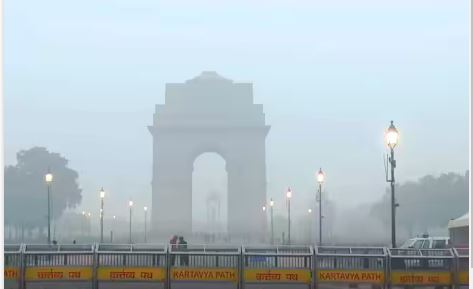
In July 2023, rising basketball star Bronny James, 18, collapsed during practice due to a cardiac arrest. The son of LA Lakers veteran LeBron James, Bronny’s situation highlighted the confusion between “heart attack” and “cardiac arrest,” terms often used interchangeably.
The heart is a muscle that pumps blood rich in oxygen and nutrients throughout the body. For proper functioning, the heart needs a continuous blood supply via the coronary arteries. Blockages in these arteries can hinder this supply, leading to heart muscle injury or death.
Heart Attack: Also known as a myocardial infarction, this condition occurs when the heart muscle is damaged or dies due to a blockage in the coronary arteries. This blockage can be caused by atherosclerosis, where fatty deposits build up in the arteries, or by other factors like artery spasms or trauma.
Cardiac Arrest: This is when the heart stops beating effectively due to electrical malfunctions. Four main types include:
Cardiac arrest can be triggered by various factors such as drowning, trauma, asphyxia, or drug overdose. For Bronny James, a congenital heart defect was the cause.
Also Read: ‘Kyunki Saas Bhi Kabhi Bahu Thi’ Actor Vikas Sethi Passes Away At 48 From Cardiac Arrest
A heart attack can lead to cardiac arrest. During a heart attack, damage or death of heart tissue can disrupt electrical signals, increasing the risk of arrhythmias that can cause cardiac arrest. Conversely, cardiac arrest does not typically cause a heart attack.
While both heart attack and cardiac arrest involve the heart, they differ in their causes and effects. A heart attack is akin to a blockage in a house’s plumbing, while cardiac arrest resembles an electrical fault. Both conditions are serious and require immediate medical intervention.















